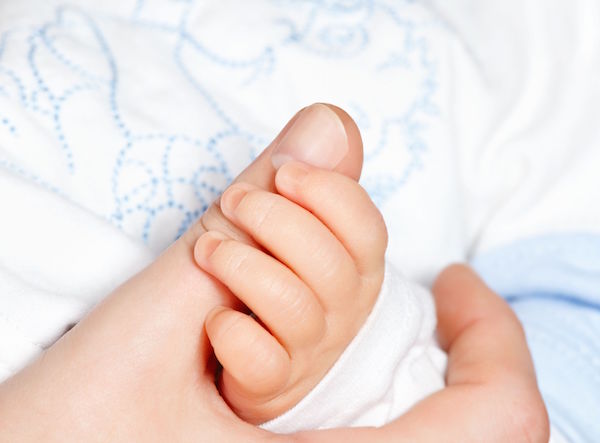
MONDAY, April 22 (HealthDay News) — Long-term use of powerful drug cocktails known as highly active antiretroviral therapy (HAART) may help protect the hearts of children and teens infected with HIV, a new study reports.
HAART is a form of antiretroviral therapy that is widely used to treat people with HIV, the virus that causes AIDS. Prior to the introduction of antiretroviral therapies, youngsters infected with HIV were at increased risk for heart failure, noted a team led by Dr. Steven Lipshultz of the University of Miami Miller School of Medicine.
Since the advent of powerful HIV-suppressing medications, “the effects of HIV and [antiretroviral therapy] on the cardiovascular system of HIV-infected children are not completely understood,” the researchers wrote in the April 22 online issue of JAMA Pediatrics. They pointed out that such children are exposed to these drugs for many years, often beginning while they are still in the womb, but the effects on their cardiovascular systems “are unknown.”
The new study sought to clear that up. It included nearly 600 HIV-infected and uninfected patients from 14 pediatric HIV clinics across the United States.
According to the team, heart function was better among HIV-infected children receiving HAART than those who were infected with HIV and did not receive HAART, and children who were exposed to HIV but not infected.
“Our results indicate that the current use of combination [antiretroviral therapy], usually HAART, appears to be cardioprotective in HIV-infected children and adolescents,” the study authors reported. “This finding is even more relevant in the developing world where the prevalence of HIV disease in children is much higher.”
The researchers added that further study comparing different drug regimens might be beneficial “in optimizing HIV outcomes and protecting long-term cardiac health” of children with HIV.
More information
The New Mexico AIDS Education and Training Center has more about children and HIV.

